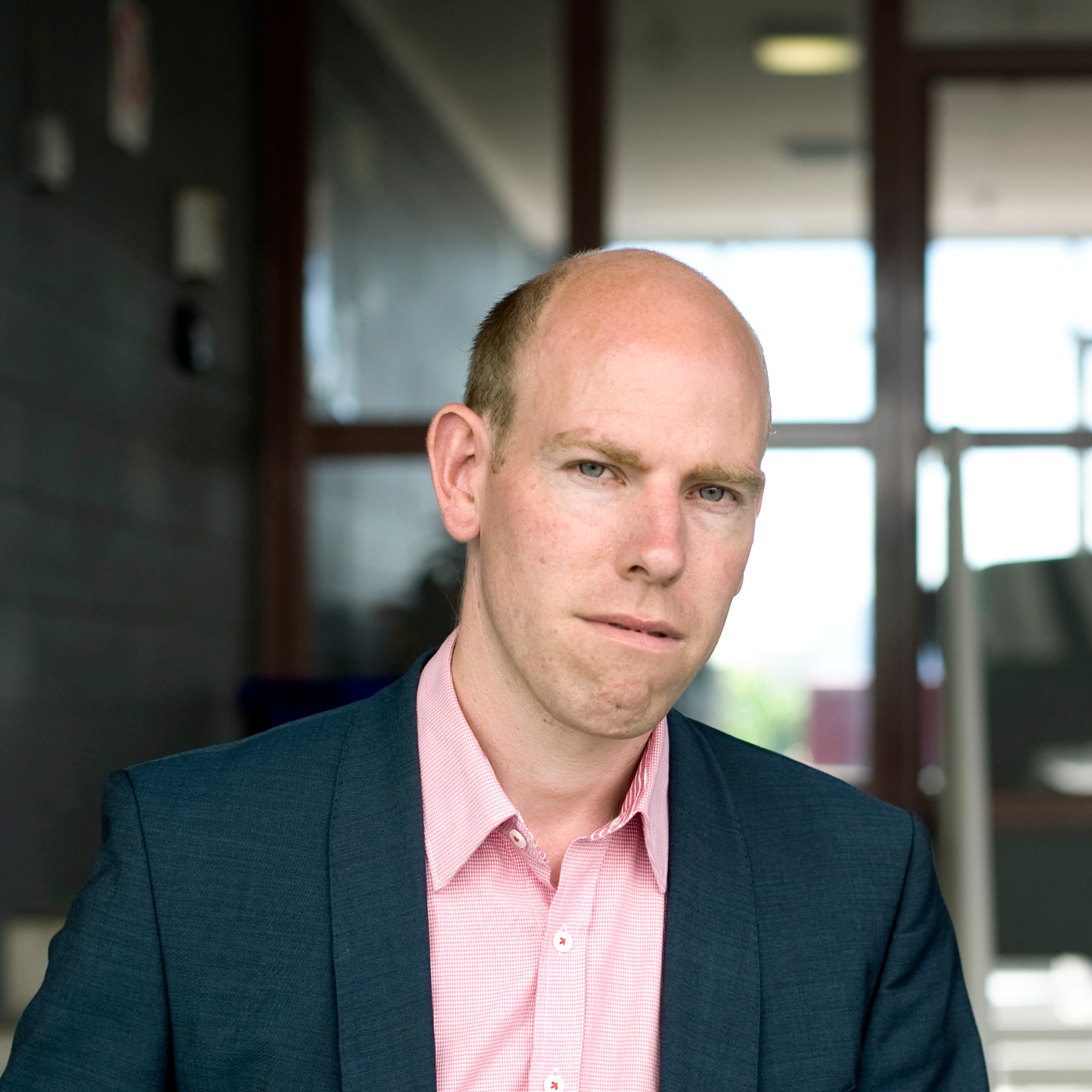How a living wage increases opportunity – not just fairness
by Max
Rashbrooke
September 11, 2012
The Living Wage campaign launch in Wellington a few weeks ago was a powerful lesson in the way that equal opportunities and equal incomes are inextricably linked.
The highlight of the launch was a speech from Sosefina Masoe, a cleaner. Sosofina, who featured in this Dominion Post story, told how she and her husband are struggling to get by on near-minimum wages: $13.85 an hour for “hard, dirty” work cleaning the Police College.
She and her husband are looking after four grandchildren so that the children’s parents can study “to get ahead in life”. But they don’t earn enough to feed those grandchildren properly, or, sometimes, even keep the fridge running. Bills are mounting up every day.
What’s especially powerful about the Sosefina’s story is that, even if some respondents to the Dominion Post story questioned whether there should be so many children in the family, and asked how much money was sent back to Samoa, in all other respects the Masoes are following the American – or even Kiwi – Dream template.
They are working incredibly hard – including 12-hour stints on Sundays – and have very few if any luxuries. “We never go for a movie – or a holiday,” Sosefina said at the campaign launch.
Above all, they are intensely ambitious for their children. Sosefina and her husband recognise that they themselves are unlikely to change jobs, because they can’t afford to take the time out from working to study: “My husband and I talk about how we could do something different, but we are stuck in cleaning jobs on low pay.”
But they are giving up their own happiness so that their children can get better jobs. “I care for my four grandchildren because I told their parents to study [in order] to make a better life.”
If they earned a living wage, that money would, Sosefina said, go into paying for their children’s education, or to basics, like better food so that their children and grandchildren won’t get sick.
The point here is that the Masoes believe firmly in equality of opportunity, in trying to get ahead, in moving up the ladder – but those very opportunities are being severely impeded, to say the least, by an inequality of outcome, in this case, low pay.
When people are earning less than enough to live well on, they can’t take advantage of the opportunities that theoretically exist – not without an extraordinary, and probably damaging, sacrifice.
So even if the only thing that you care about is creating more opportunities, you can’t ignore the need for better, and fairer, pay.
Max Rashbrooke is a journalist and author working in Wellington, New Zealand, where he writes about politics, finance and social issues. Sign up to Max's mailing list.



 Binoy Kampmark: The Strawman Of Antisemitism - Banning Protests Against Israel Down Under
Binoy Kampmark: The Strawman Of Antisemitism - Banning Protests Against Israel Down Under Gordon Campbell: On The Coalition’s Empty Gestures, And Abortion Refusal As The New Slavery
Gordon Campbell: On The Coalition’s Empty Gestures, And Abortion Refusal As The New Slavery Keith Rankin: Judaism, Antisemitism, And Israel
Keith Rankin: Judaism, Antisemitism, And Israel Ian Powell: Haka, Hikoi And The Empowerment Of The Kohanga Generation
Ian Powell: Haka, Hikoi And The Empowerment Of The Kohanga Generation Binoy Kampmark: Feeding Chaos - Israel Cripples Syria’s Defence
Binoy Kampmark: Feeding Chaos - Israel Cripples Syria’s Defence The Conversation: News Bargaining Incentive:
The Conversation: News Bargaining Incentive: